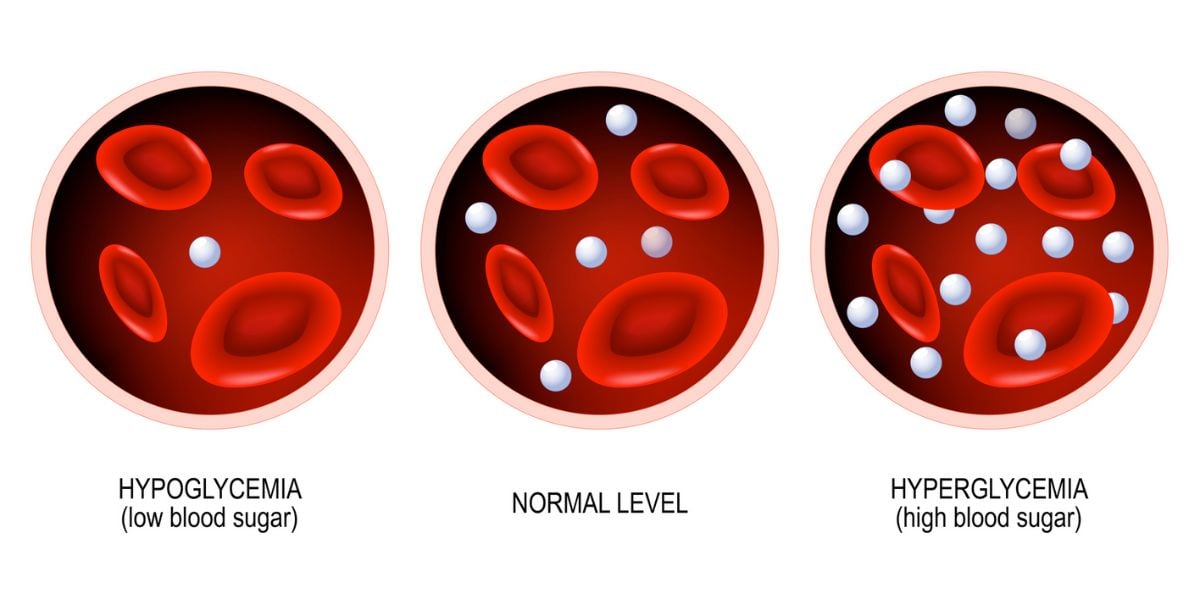As the name suggests, processed food is food which has undergone some form of processing to turn raw ingredients into a food product.
Processing includes the preparation of food (washing, cutting, cooking, freezing, canning), killing bacteria (e.g. pasteurisation), the addition of additives and hydrogenation of ingredients.
Tinned vegetables, pasteurised milk, and freshly baked bread are examples of processed foods.
Are processed foods bad for our health?
There is a lot of debate about just how bad processed foods are for us. The general consensus is that the less processed food is the better.
Many foods fall into the category of processed foods and some have fallen under scrutiny more than others.
A processed food is not necessarily bad as not all processes make food unhealthy.
The processing in of vegetable oils is one that has been a hot topic recently, with claims that refined oils may be responsible for inflammatory conditions such as type 2 diabetes.
Processed foods fall into two categories: processed, and ultra-processed.
What are ultra processed foods?
Ultra-processed foods have been through various processes and have numerous extra ingredients.
Ultra-processed foods typically include additives such as artificial flavours, colours, sugar, and sweeteners.
Ultra-processed foods are usually nutrient-light, but high in calories, sugar, salt, and harmful fats.
Breakfast cereals, soda, packaged snacks such as crisps, and fast food meals are examples of ultra-processed foods.
What are the benefits of processed food?
- Preserving food by preventing bacterial growth and allowing food to be stored for longer
- Improving the taste of food
- Improving the appearance
It should go without saying that the primary benefit of processed foods is to the food manufacturers and distributors, in that it has allowed them greater maximise profits by increasing satisfaction and shelf life.
What are the disadvantages of processed and ultra-processed food?
There are a few reasons to avoid processed foods, such as:
- Loss of vitamins – e.g. canned vegetables
- Reduced amount of fibre – particularly in white breads, white pastas and white rice
- Highly processed foods tend to be digested more quickly which can be particularly disadvantageous for people with type 2 diabetes
The main disadvantages though appear to be of ultra-processed foods towards the health of consumers.
Ultra-processed foods and their link with poor long term health
Rsearch has long established a link between consumption of ultra-processed foods and health.
Ultra processed foods have been linked to a variety of conditions:
- Ultra-processed foods potentially linked to early death
- High intake of ultra-processed foods associated with lower grades in school
- Weight gain associated with high intake of ultra-processed foods
Processed meat
Processed meats have been consistently linked with a number of cancers.
The amount of salt used, the poor quality of the meat as well as the number of additives that are used in the meat are all possible reasons for the link between processed meat and poor health.
- High intake of red meat linked with cognitive decline
- High intake of processed meat increases risk of type 2 diabetes
- Too much nitrite-cured meat increases cancer risk say scientists
Trans fats
Trans fats have been banned in a number of countries but are currently still tolerated by the UK.
Refined oils
Refined oils are treated with heat, and often chemicals, and are thought by some to be harmful for the body.
Vegetable fats
Vegetables fats can be assumed to be the by-product of this process. Vegetables oils within ingredients can also be assumed to be refined oils.
Emulsifiers and hydrogenated ingredients are used to keep foods together and improve the texture.
They haven’t generally received as much bad press as the above ingredients but the health conscious may wish to limit exposure to these.
Preservatives and antioxidants generally need to be tested for toxicology before they can be regarded as safe for use in food.
These tests are typically short term and are never performed on humans.
Whether the levels permitted in food really are safe over a long term period is one of the many food health debates that persist today.
Which ultra-processed foods should I avoid?
As a general rule, make a habit of avoiding foods with a relatively high number of difficult to recognise ingredients.
Contrary to their supposed aim, certain foods with reduced fat or salt content may be bolstered with additives that may be worse for us to consume.
Typical foods that are identified as ones to generally avoid include:
- Cheap supermarket meats
- Hotdogs
- Ready meals
- Fast food
- White bread, white pasta, white rice
- Cakes, biscuits, buns, pastries
- Margarines
The list is not exhaustive bit covers some of the main culprits, including some of those we’ve been lead to believe are healthy for us (margarines for example).




